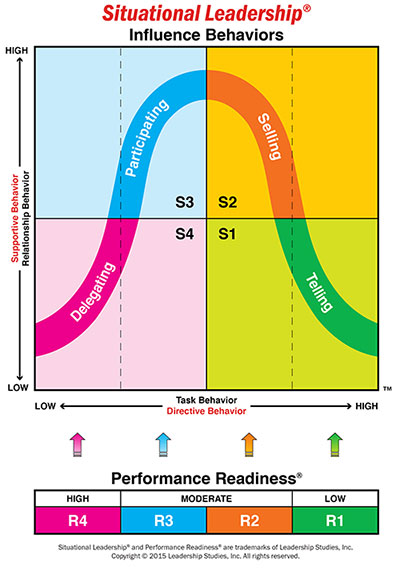For any organisation to operate smoothly and have a dependable team working together towards meaningful goals, there needs to be genuine connections. A study by Enboarder found that 94% of employees are more productive when they feel connected to their colleagues. From offering advice, to leveraging each other's strengths, enjoying casual chats and helping one another deal with misunderstandings, each interaction can lead to a more engaged and productive team.
For leaders, human connections can be the difference between failing and succeeding. According to a Gartner survey of nearly 3,400 employees, just 29% of respondents felt their leader was a ‘human leader’. There’s no switch to master the art of human connection, and for many, it can be a real challenge. As a leader, you may feel as though there can be no ‘off day’ – you have to be resilient, adaptable, decisive and hyper-focused on driving business growth. The problem is that we’re all human. There will be ups and downs – it’s inevitable. Your best starting point to becoming more ‘human-centred’ is understanding your own journey and that it will be filled with big wins, as well as setbacks.

Realise, Reset and Rebound
When leaders openly share their struggles and challenges, they become more relatable. In turn this can shape stronger connections, as well as a more open and trusting work environment. By embracing mistakes or difficulties as opportunities for growth, managers and leaders demonstrate resilience and authenticity. This approach encourages team members to be open about their own experiences and challenges, where learning from one another is valued and celebrated.
Your most important leadership moments happen on your bad days, not on your good days. Taking that moment to reset is crucial, it allows you to approach problems with a fresh perspective and renewed energy. You can then use the lessons learned from setbacks to bounce back stronger. This is all part of demonstrating to your team that resilience is about adapting and growing from experiences, not avoiding or ignoring them.
Building Strong Connections Through Situational Leadership®
Being adaptable and responsive to each team member’s unique circumstances and developmental stage is not only crucial in improving performance, but it also fosters trust, engagement, and productivity. This dynamic approach ensures that human connections remain strong, and each team member feels valued and empowered, regardless of their situation. We’ve touched on the importance of Situational Leadership® being even more important in an AI era, and while some fear that algorithms will replace human leadership, qualities like empathy, emotional intelligence and critical thinking are essential. These qualities cannot be replicated by machines and are crucial for nurturing genuine connections within a team. Situational Leadership® leverages these uniquely human attributes, adapting to the needs of each individual to build a cohesive, high-performing team.
Human-centred leadership supercharges team performance by embracing every experience. By acknowledging and sharing both success stories and setbacks, leaders can encourage trust and openness amongst their team. There are many qualities of effective human-centred leadership (empathy, emotional intelligence, adaptability, and resilience), but these attributes not only drive individual growth, they build cohesive, high-performing teams capable of navigating any challenge. As we advance into an era increasingly influenced by AI, these human qualities become even more critical.
Are you eager to advance your leadership skills and embrace the principles of Situational Leadership®? View our Situational Leadership® accredited programmes here. For further information please contact our friendly training experts on 01252 618 400 or email theteam@gbscorporate.com.
Situational Leadership® and Performance Readiness® are registered trademarks of Leadership Studies, Inc. dba The Center for Leadership Studies. Copyright ©2015, Leadership Studies, Inc. All Rights Reserved.







